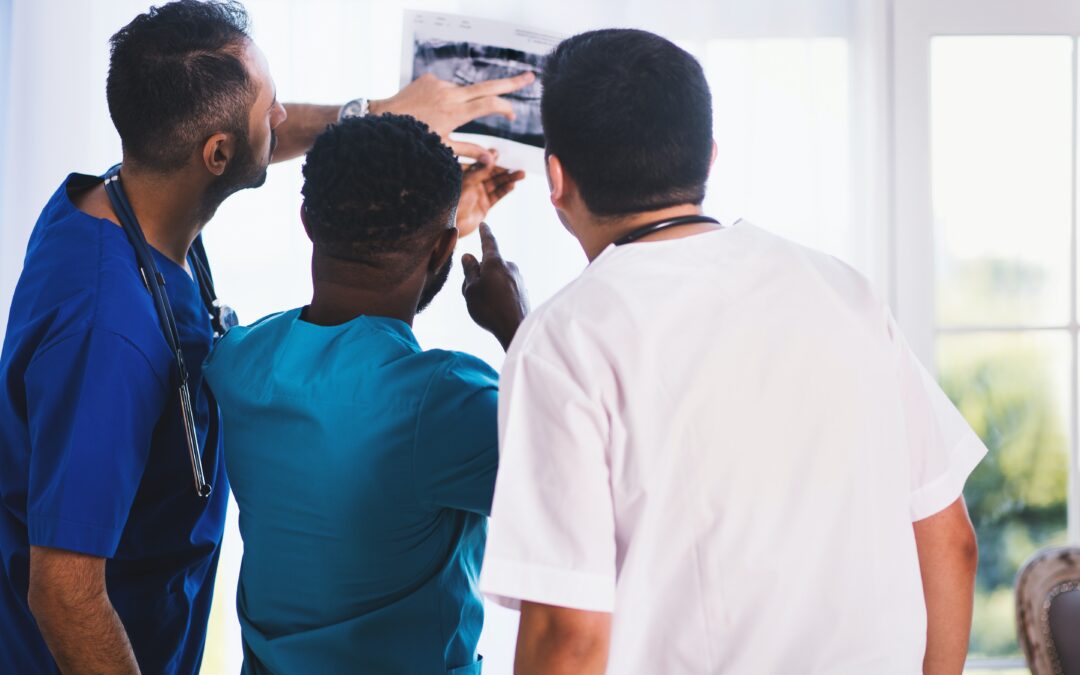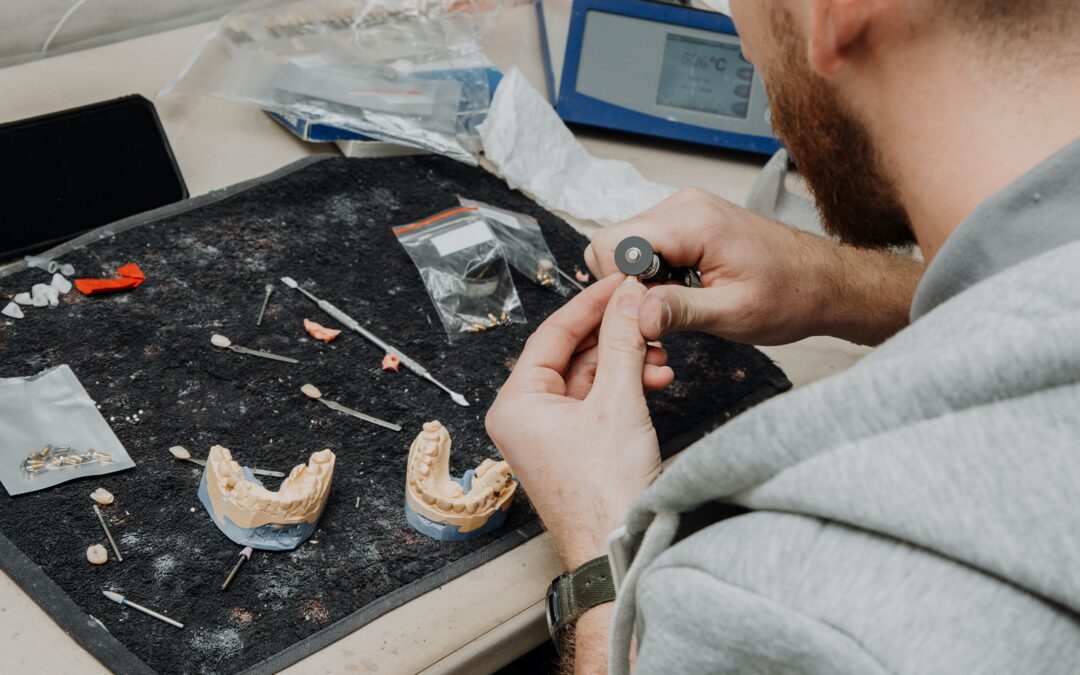


How Premeds Can Choose the Right Laboratory for Strong Research Experience
Get Started Today Call: 888-839-9997 e-mail: [email protected] 20 Minutes Free Consultation By Zachary Grimmet Most premedical students know that research is an important element of a successful pre-medical career and a great way to spruce up the medical school application. Entering the world of biomedical research for the first time as an undergraduate premedical student can be a daunting experience. The research laboratory – intimidating though it may be – also holds great promise for captivating scientific discovery, including discoveries in medicine. Laboratory research can therefore be an exciting experience for undergraduates wishing to pursue medicine or other health professions in their career. But for someone new to the game, how should you choose between the plethora of university laboratories available? First, make the commitment and dive headfirst into the world of scientific research – take diverse courses, talk to engaging professors, and peruse faculty webpages to find laboratories studying biological problems that you find compelling. Most laboratory websites will describe a lab’s current projects, recent publication record, the members of the lab, and the principal investigator (PI). A lab that is a good fit will have 1) current research projects that interest you and which you understand, 2) a PI with a track record of undergraduate mentorship, and 3) a community which includes younger trainees (medical students, clinical fellows, post-doctoral fellows, PhD students and/or fellow undergraduates). In your first research experience, it is essential to work on a project which excites you; genuine passion for your area of medical research will fuel your drive to take a deep dive into your chosen topic, formulate significant hypotheses, design innovative...
Longitudinal MCAT Study: A More Effective Approach for Acing the MCAT
Get Started Today Call: 888-839-9997 e-mail: [email protected] 20 Minutes Free Consultation By Rohit Anand, MD The MCAT is arguably the most daunting exam in the length of medical education. The idea that an exam controls to a large degree not just where, but if, a student will be admitted to medical school is intimidating to say the least. This challenge has only increased in recent years with ever increasing averages for the MCAT for medical school admissions. Despite this, the study plan for many students has remained the same over the years, with little changes made to the classic model of a dedicated set of weeks to study for the exam. There are multiple challenges with a dedicated study block for MCAT studying. For most students, the MCAT encompasses three or more years of undergraduate coursework from introductory biology to physics 2. Reviewing this amount of content in 2-3 months for a dedicated study window is arduous, as seen by the 62% of MCAT test takers that reported difficulty with content volume. On top of this, many individuals have to re-learn some of material that was earlier in their education adding to the review time for those subjects. This is particularly true for the ~50% of test takers who are no longer in school when taking the MCAT. Many sources online suggest a minimum of 300-400 hours of studying for the MCAT. If you divide that into a 2 to 3-month timeline, it is a significant portion of weekly hours, which is difficult for employed individuals, but also difficult for students who are focusing on other activities or school...
Flexibility in the PA Profession: What Every PA School Applicant Should Know
Get Started Today Call: 888-839-9997 e-mail: [email protected] 20 Minutes Free Consultation Approximately half of all PAs will change specialities during their career By Alyson Rockhold, PA-C, MPH Do you want to know my favorite part about being a PA? It’s the flexibility! Over the last 10 years, I’ve worked in 4 different areas of medicine. Switching specialties keeps me on my toes and provides lots of excitement. I’ve gone from delivering babies to talking to patients with schizophrenia to scrubbing in for surgery. Each new job has stretched me as a PA and given me the opportunity to explore my variable interests. Sometimes, I switched specialties out of necessity. For example, one time I moved to a new location and there were no job openings in my field. I was grateful for the flexibility to apply to many different PA jobs instead of just one specialty. Being able to cast a wider net made it easier for me to find a job. The flexibility of the PA profession has given me an enviable career. Will it do the same for you? Let’s look at some common questions about PA’s professional flexibility. Perhaps these answers will help you decide if being a PA is right for you: How common is it for PAs to change specialties? Here’s the basic answer: The American Academy of Physician Associates (AAPA) states that 50% of PAs will change specialties during their career. According to the AAPA’s 2019 Salary Report, approximately seven percent of PAs switch specialties each year. Therefore, if you pursue a career as a PA, it’s likely that you’ll have the opportunity...
The Strongest Asset in a Dental School Application is Authenticity
Get Started Today Call: 888-839-9997 e-mail: [email protected] 20 Minutes Free Consultation By Joseph Yim Preparation of the dental school application is likely one of the most time-intensive, stressful, and ambiguous endeavors that an applicant will embark on, particularly because there is no one way to get into dental school. Because each and every student will have a different journey into a career in dentistry, it is crucial that we highlight the essential “checkboxes” for each student to have as general guidelines in preparation of their application. These are: Good GPA High DAT score Extracurricular activities Volunteer hours Shadowing hours Strong personal statement As a pre-dental student or prospective applicant, satisfying these criteria is often the easiest way to ensure that you are on the right track. However, equally important is understanding how to be a dental school applicant. That is, the focus of your application should be “being” rather than “doing.” As any good writer or artist would vouch, showing is a stronger form of communication than telling. How, then, can you show and not tell as you prepare for your dental school application? This brings us to your greatest asset as a dental school applicant: authenticity. Authenticity is an area of your application that is scarcely mentioned. After all, as long as you look like a strong applicant on paper you will be happy, successful, and admitted to a dental school, right? Surveys amongst dental students tell a different story. In an article published by the American Student Dental Association, Dr. Juliette Daniels of the University of Detroit Mercy School of Dentistry, Dr. Daniels cites a “prevailing sense,...
